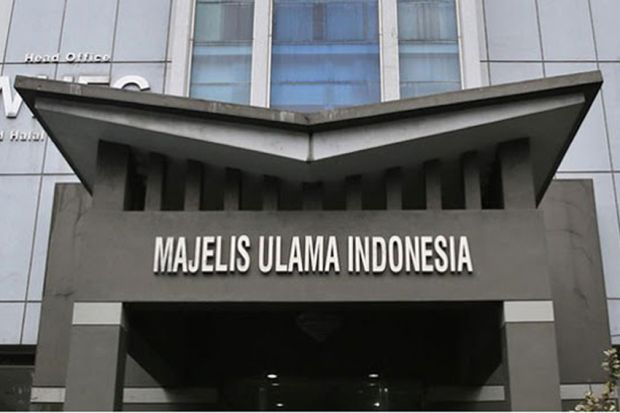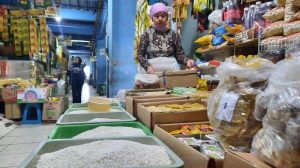Jakarta, MINA – The Indonesian Ulema Council’s fatwa (MUI) has declared short selling transactions on the Indonesia Stock Exchange (IDX) to be forbidden, as quoted from CNN Indonesia on Monday.
According to Fatwa DSN-MUI No. 80/2011 on the Implementation of Sharia Principles in Equity Securities Trading Mechanisms on the Regular Market of the Stock Exchange, short selling involves selling stocks one does not yet own in anticipation of their future price decline.
This practice, typically employed by experienced or high-risk-profile investors, involves borrowing stocks from securities firms to sell on the market. After the stock price drops, the investor buys back the stocks and returns them to the securities firm.
Under the MUI fatwa, short selling is categorized as ‘bai’ al-ma’dum’, a type of sale of nonexistent goods which is prohibited. Iggi H. Achsien, Chairman of DSN-MUI’s Sharia Capital Market Division, cited a hadith stating that one should not sell what one does not possess, reinforcing the fatwa’s stance against short selling.
Also Read: Palestine Solidarity Month 2025: AWG and Indonesian Parliament Hold “Solidarity Run for Palestine”
The prohibition affects Sharia-compliant investors and companies, preventing them from engaging in short selling transactions. Companies adhering to Sharia principles also have the right to refuse inclusion in the list of stocks eligible for short selling.
Despite this, short selling is regulated by the Financial Services Authority Regulation No. 55/2020 concerning Securities Transaction Financing by Securities Companies for Customers and Short Selling Transactions by Securities Companies. In line with this regulation, the IDX has designated 16 stocks that can be traded using the short selling scheme to expand investment options in the capital market.
“We hope this will enhance trading instrument choices for investors,” said Irvan Susandy, Director of Trading and Member Regulation at the IDX, on June 13. (T/RE1/P2)
Mi’raj News Agency (MINA)
Also Read: Online Gambling Transactions Drop 57% Following PPATK–Kominfo Crackdown




















![MUI Chairman for Foreign Relations and International Cooperation, Sudarnoto Abdul Hakim (center) at the One Million Women for Gaza Press Conference entitled "Women Boycott Pro-Israel Products" held at the Swiss-Belinn Cawang Hotel, East Jakarta, Thursday (3/7/2025). [Photo: Arina/MINA]](https://en.minanews.net/wp-content/uploads/2025/07/20250703_144042-scaled-1-300x225.jpg)
















 Mina Indonesia
Mina Indonesia Mina Arabic
Mina Arabic